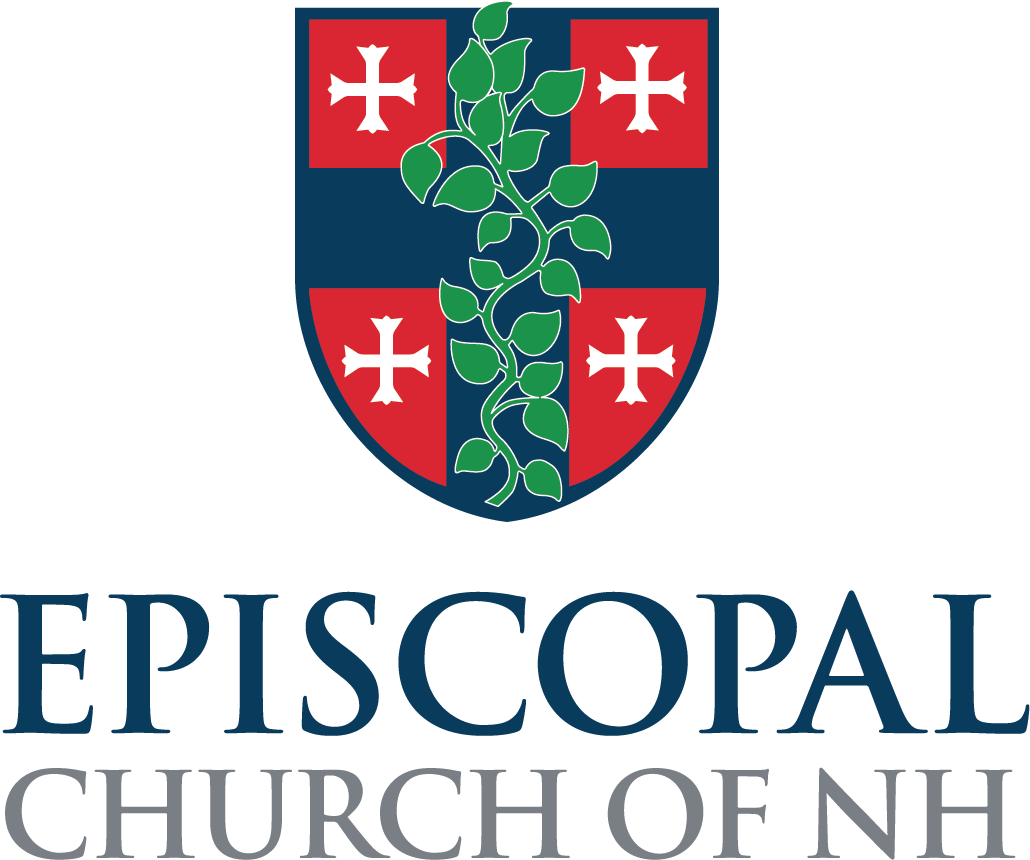I have been watching CNN’s coverage of the demonstrations taking place all over the country. Crowds have been gathering, mostly peacefully, in the wake of the grand jury acquittals of two white police officers whose actions lead to the deaths of two black men: Michael Brown in Ferguson, Missouri, and Eric Garner in Staten Island, New York.
The news coverage of the demonstrations included camera footage of Mr. Garner’s death, the result of being in a “choke hold” by the officer who clearly used excessive force in an attempt to arrest him. On the film, I saw Mr. Garner:
—questioning why he was being confronted by the police
— being surrounded by at least five police officers
—being held around the neck by an officer in a t-shirt
—falling to the ground
—having his head pinned to the sidewalk
—pleading for relief by saying numerous times, “I can’t breathe.”
—lying motionless, possibly dead, on his side for several minutes while the police did not attempt to revive him using CPR nor take any other life-saving actions.
This is what we all saw. We are witness of these things.
That sentence brings me to the accounts we have in the Bible of the events of Jesus birth, life, and resurrection. What does being a witness mean? Telling the truth? Believing what we’ve seen? Sharing it? Allowing our lives to be changed by the truth?
On the same day I saw the video of Mr. Garner’s death, I had gathered with clergy of the Episcopal Church in New Hampshire for a time of prayer and study of St. Luke’s account of Jesus’ birth. Here’s some things I learned:
—the principals involved in the birth of Jesus, the Christ, were a teenage girl (Mary) and elderly and barren woman (Elizabeth) and a group of anonymous shepherds. All of whom, by reason of their gender, age, and economic class and occupation, would have been ineligible to bear witness to any jury or court of their day. Whatever they had to say about that first noel would not have been given credence to those who held either religious or civic power in their day.
—Zechariah, the only one who would have a had credible status in his community, was rendered mute, as though God chose to circumvent the structures of power, status, and institutional authority to bring the events of Jesus’ and John’s births to pass.
—Mary’s song of praise that shouts of how God has already turned the world upside down by scattering the proud, casting down the mighty, lifting up the lowly, filling the hungry with good thing and sending the rich away empty—that song was not sung in lofty King James’ English, but in a rough dialect that was spoken on the streets of her day. When we hear the language and dialects of those most hurt by the agonies in Ferguson, Cleveland, New York City, Los Angeles and elsewhere, we can note the cultural division in our land. And we can hear the language of Mary---broken, course, uneducated, dangerous, and yet shimmering.
And now in a bizarre twist, we find ourselves, millions of us, who have been witnesses to these tragedies, equally discredited as witnesses. What we have seen and heard with our own eyes and ears doesn’t seem to matter to the systems and structures, the “powers and principalities” with which we have entrusted our welfare. We find our ability to “testify” shares the same ineligible status as Mary, Elizabeth, the shepherds, and the muted Zechariah.
May God loosen our tongues, and open the ears of those who can hear the cry of the poor and the disenfranchised in our land. May we, like John the Baptizer, prepare the way of God’s realm by crying out in this wilderness. Though we may do that from the margins of our society, (the church is now, blessedly, more and more on those margins), may our testimony be as enduring and shimmering as those unheard of women in Jesus’ day: Mary, Elizabeth, and Anna, each of whom rejoiced at the arrival of the Holy One in their day.
